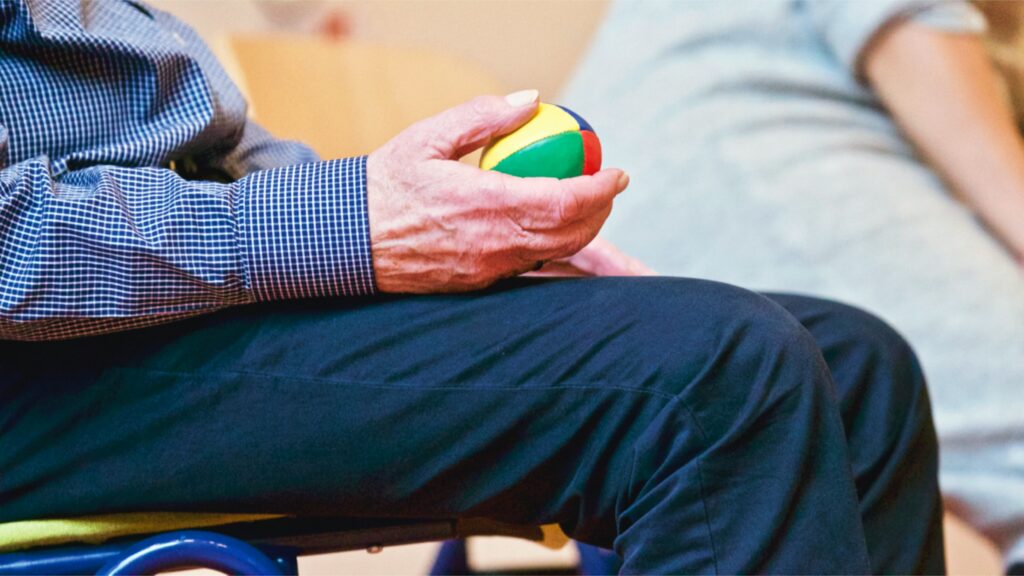A stroke is a serious medical emergency that happens when blood flow is deficient to an area of the brain or bleeding in the brain. Sometimes, direct stroke intervention is necessary. This may include:
- Blood thinners given intravenously (IV) for an ischemic stroke;
- Direct injection of blood thinners into a blood clot for certain types of ischemic strokes;
- Thrombectomy, where a thin tube (catheter) is threaded through blood vessels to a clot in the brain, and the clot is mechanically removed;
- Surgical intervention for removal of blood for a hemorrhagic stroke; and
- A craniotomy removes a small area of the skull to relieve severe edema (swelling).
VeryWell Health’s recent article, “Everything You Should Know About Stroke,” explains that close monitoring of neurological functioning, fluid and electrolyte concentration, blood pressure and blood glucose is needed in the first few days after a stroke. Brain damage from a stroke may sometimes cause a seizure, necessitating treatment with antiepileptic medication.
After stabilization, recovery can start, but note that recovery after a stroke is often gradual. Some people fully recover, but most have some impairment after a stroke.
Immediate medical care and consistent therapy can improve long-term outcomes. Patience throughout recovery is important because improvement doesn’t always adhere to a smooth and steady path.
Sometimes, complications can be prevented by taking proactive measures. Choking or pneumonia, possibly due to difficulty swallowing, is an especially concerning risk. Weakness and sensory changes can increase the chances of bedsores and blood clots. Weakness and vision changes may lead to falling after a stroke.
Rehabilitation should be customized to specific deficits that happen after a stroke. For example, many people require physical therapy to help with improving muscle control and strength. Speech and swallow therapy is crucial to avoid choking and aspiration pneumonia.
Recovery can frequently be slow over the next few weeks. For some, recovery continues for up to a year.
Reference: VeryWell Health (Feb. 27, 2023) “Everything You Should Know About Stroke”
